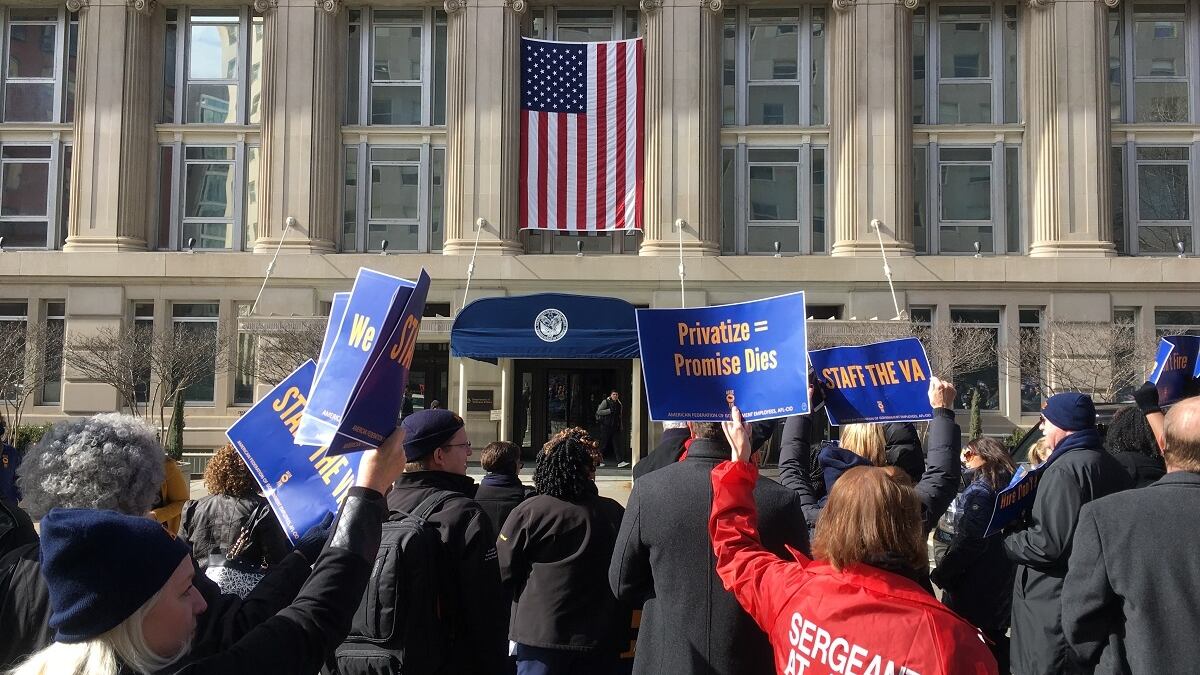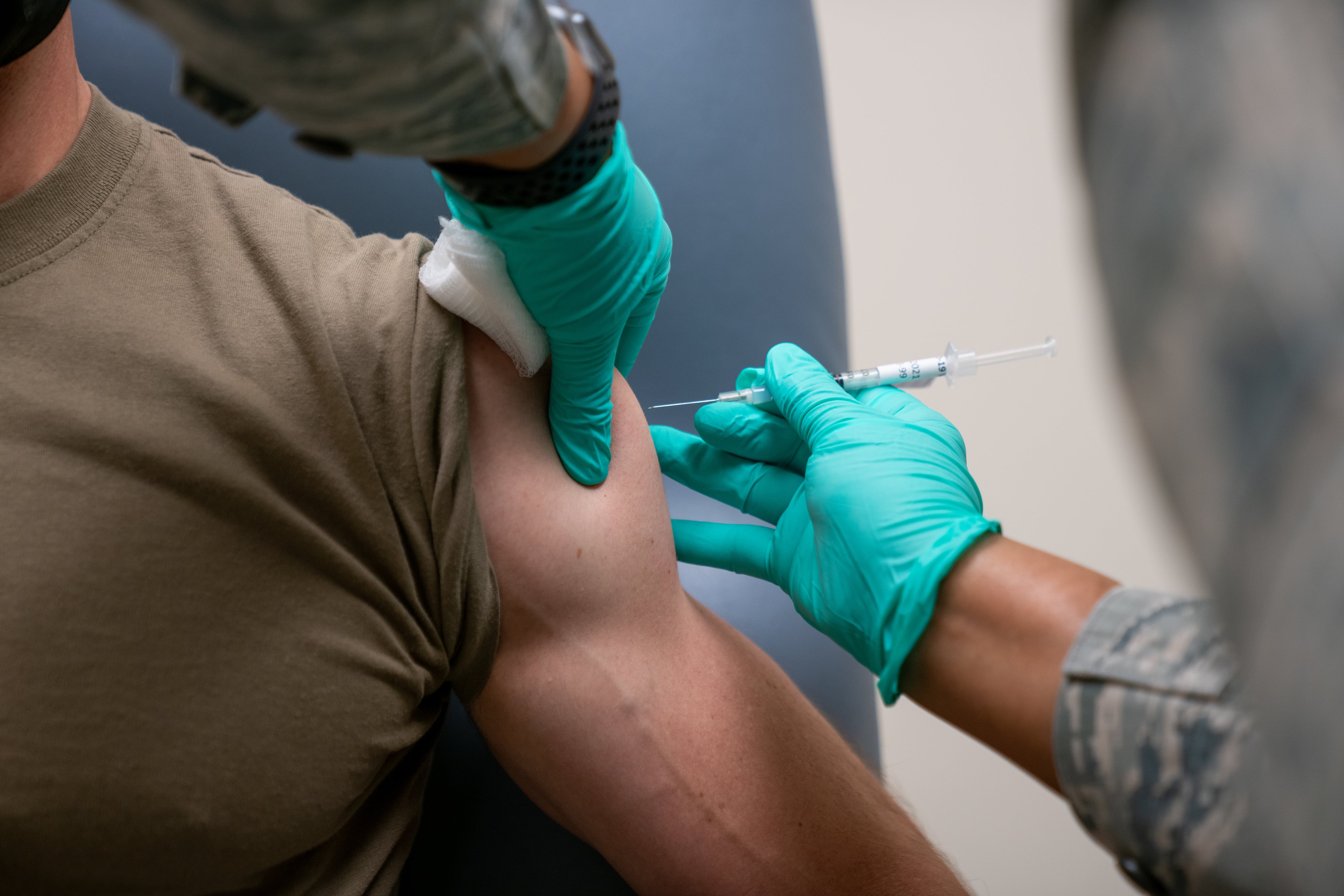Veterans Affairs leaders are working with Medicare officials to cut down on duplicative billing for veterans medical services, but outside experts say fully fixing the problem will require better record-keeping and patient monitoring by both agencies.
Last month, VA administrators launched a partnership with the Centers for Medicare and Medicaid Services to recover improper payments to medical providers who billed both agencies for patient services. An initial review found roughly $106 million in duplicate billings over a six-year period.
But that may be just the start. About 5.9 million veterans are dually enrolled in VA health care and Medicare, creating confusion in some instances regarding which government agency is responsible for covering the costs of appointments and medical procedures.
RELATED

A new health care analysis released by the RAND Epstein Family Veterans Policy Research Institute on Tuesday found that nearly 84% of the 8.2 million veterans enrolled in the VA health care system have some form of secondary medical coverage, including Medicare, private insurance or Tricare services.
“Enrollment in multiple forms of health care coverage indicates potential inefficiencies and raises questions about whether different programs are making duplicative payments for the same care,” researchers noted in the report.
They argue that fixing the problem requires better tracking of which medical systems veterans are enrolled in and what services they are eligible for.
The report notes that while the Veterans Health Administration is already working with Medicare officials on fixes, “making further use of Medicare, TRICARE, private insurer, and Medicaid claims … in combination with VHA enrollment, utilization, and cost data would enable VHA to better track the sources of care for its enrolled veterans.”
RAND officials also recommended better education of patients about their medical options and eligibility, to help inform their choices.
VA officials said that new data-matching agreements with Medicare officials should help curb some of the problems in the future. But they also vowed to continue to look for areas of improvement, both with those two systems and other health care systems.
Leo covers Congress, Veterans Affairs and the White House for Military Times. He has covered Washington, D.C. since 2004, focusing on military personnel and veterans policies. His work has earned numerous honors, including a 2009 Polk award, a 2010 National Headliner Award, the IAVA Leadership in Journalism award and the VFW News Media award.





